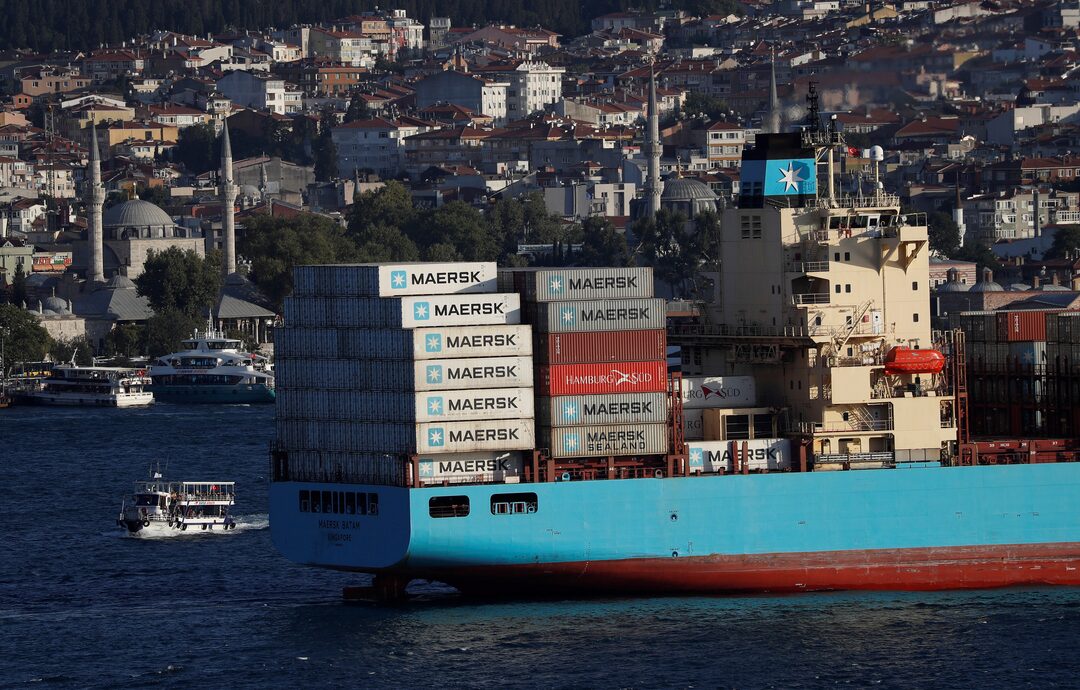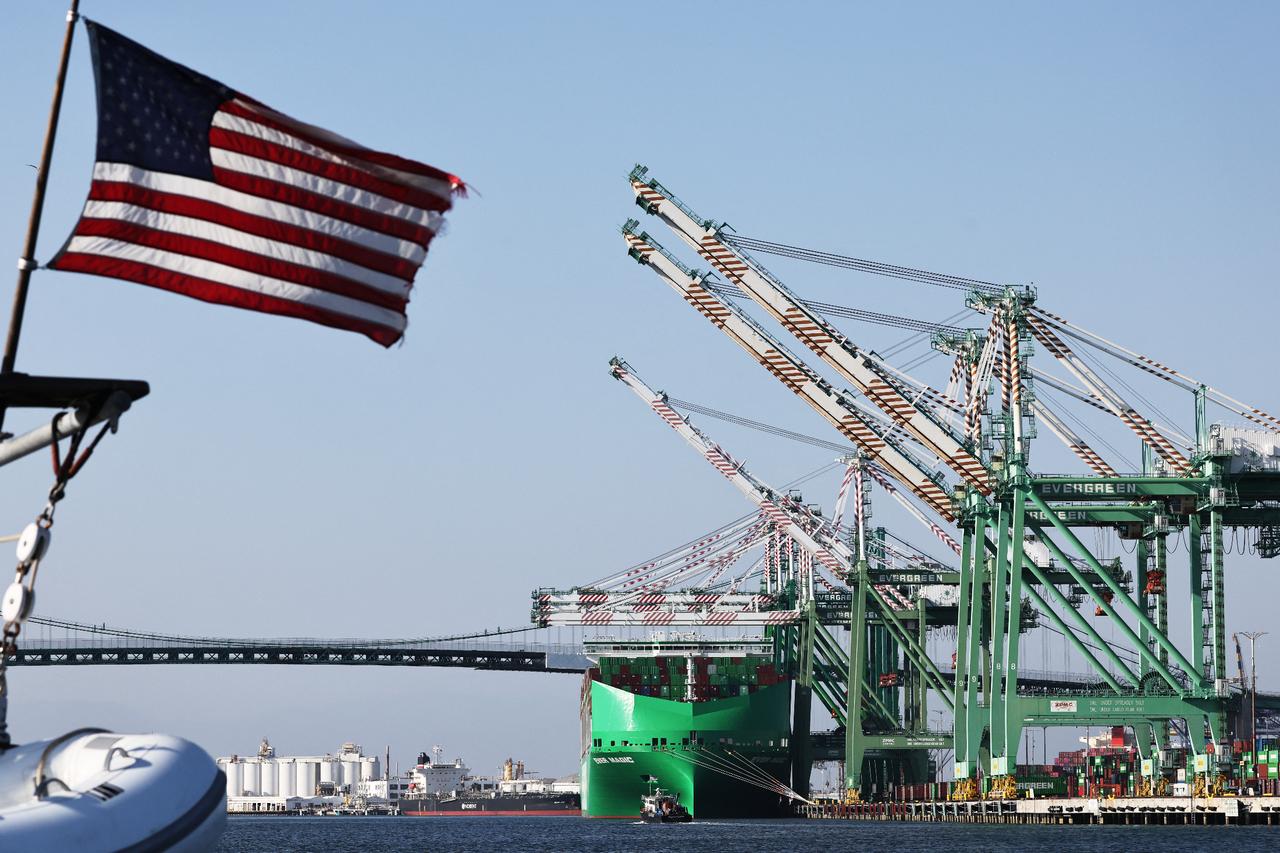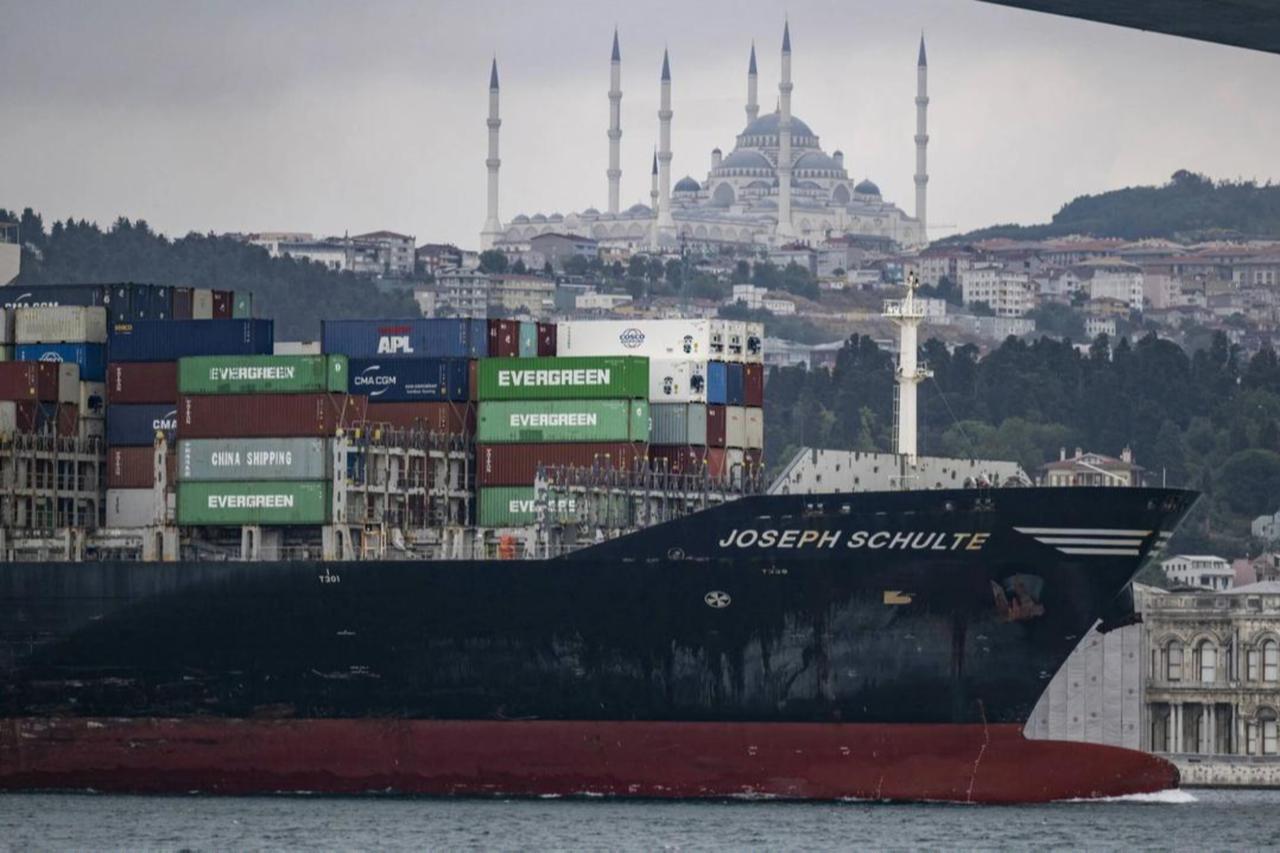According to Emre Karter, the Chairman of the American Chamber of Commerce (AmCham) Türkiye, trade relations between Türkiye and the U.S. are experiencing positive growth despite global challenges. By the end of 2024, the trade volume between the two countries is expected to reach an impressive $33 billion. Karter highlighted how Türkiye’s vision of becoming a regional hub presents logistical and operational advantages that attract numerous American businesses.
Impressive Growth in Bilateral Trade
In a conversation with an AA correspondent, Karter elaborated on the historical backdrop of economic and commercial ties between Türkiye and the U.S. He underscored that this relationship is not only longstanding but also thriving, as evidenced by the substantial increase in trade volume from $20 billion in 2013 to an anticipated $33 billion by the close of 2024. When accounting for energy and services, the overall figure exceeds $40 billion.
“This trade volume is well-balanced concerning imports and exports,” Karter noted, proudly declaring the U.S. as Türkiye’s second-largest export market and fifth-largest import market.
A container ship transits through the Bosphorus Strait in Istanbul, Türkiye on August 18, 2023. (AFP Photo)
A Flourishing Business Landscape
Karter pointed out that Türkiye harbors a distinct global potential, further validated by the substantial American investments in the country. “Currently, there are nearly 2,000 American-origin companies operating in Türkiye,” he stated, adding that among these, approximately 150 large-scale U.S.-based member companies contribute about $60 billion annually to the Turkish economy. These companies span various sectors including automotive, pharmaceuticals, information technology, finance, and agriculture, emphasizing the vast opportunities available.
Prominent Brands Join the Ranks
Notably, major brands such as Netflix and Amazon Web Services, alongside significant Turkish firms like Turkish Airlines, have found a home within AmCham’s membership. Karter indicated that these firms are actively contributing to the overarching goal of bilateral trade reaching $100 billion.

The Netflix logo on top of their office building in Hollywood, California, Mar. 2, 2022. (AFP Photo)
Leveraging Strategic Regional Advantages
Karter discussed AmCham’s proactive approach to fostering Turkish-American economic relations. He highlighted activities aimed at bolstering Türkiye’s role as a regional center, with a specific focus on developing mutual relations with Central Asia and the Caucasus. “Many American companies are positioning Türkiye as a regional hub, with around 20 members managing operations in nearly 80 countries from our base,” he stated.

The Maersk Line container ship Maersk Batam sails in the Bosphorus, on its way to the Mediterranean Sea, in Istanbul, Türkiye on August 10, 2018. (Reuters Photo)
Long-Term Investment Vision
According to a report compiled by PwC on American investments in Türkiye, Karter mentioned that U.S. companies typically adopt a long-term investment strategy, often making decisions with a 7-10 year horizon. AmCham facilitates this process by organizing events to enhance Turkish-American partnerships and maintaining strong links with influential U.S. bodies like Congress and think tanks.

A landscape view of the Bosphorus Strait in Istanbul, Türkiye, accessed on June 27, 2025. (Adobe Stock Photo)
Hosting International Trade Events
Karter highlighted AmCham’s role in hosting significant regional events to promote trade. The “Trade Winds” event, held in Istanbul in May 2024, stands out as a prominent example. As the U.S. Government’s largest trade platform, it serves as a vital business development forum. Furthermore, the inaugural “1st AmChams Eurasia Economic Summit” took place in Istanbul from October 24-25, 2024, bringing together American Chambers from 12 different nations. The forum facilitated important trade dialogues among members.
Endless Opportunities in Türkiye
Karter emphasized the myriad opportunities available for American enterprises in Türkiye, pointing to its strategic location, youthful population, developed infrastructure, and expanding domestic market. He noted significant growth potential in areas like the digital economy, health care, finance, and advanced manufacturing. “The vision of Türkiye as a regional center provides logistical and operational benefits to many American companies,” he stated, expressing optimism about the balance of opportunities over challenges.
Resilience in Foreign Direct Investment
Reflecting on foreign direct investments, Karter stated that American companies continue to view Türkiye as an appealing destination. In 2024 alone, Türkiye attracted $11.3 billion in foreign direct investment, positioning the U.S. as one of the top contributors, accounting for 10.3% of the total. Key areas of investment include technology, e-commerce, financial services, health care, and advanced manufacturing.
Moreover, Karter noted that recent mergers and acquisitions by U.S. firms in Türkiye indicate a flourishing environment for sectors such as technology, gaming, and manufacturing.

An American flag flies in front of shipping containers stacked on a container ship at the Port of Los Angeles, California, on June 25, 2025. (AFP Photo)
Weathering Challenges Together
Addressing the impact of policies from previous U.S. administrations, Karter emphasized the resilience of the commercial relationship between the two countries, grounded in a shared history of over 200 years. He acknowledged that ongoing economic relations serve as a strong indicator of mutual commitment.
As they look ahead, AmCham Türkiye remains focused on achieving the ambitious $100 billion trade volume target, a goal originally set through an agreement between the leaders of the two nations during Trump’s presidency.


